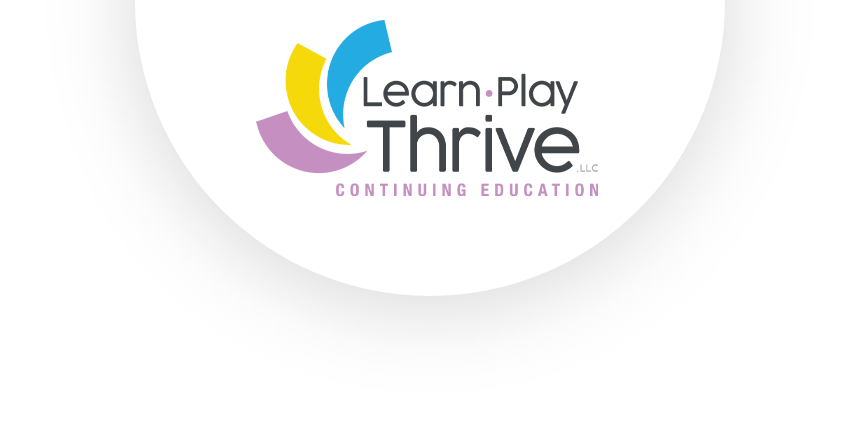Sign Up For the Wait List
Sign Up For the Wait List

Talks include:
- Behaviorism Doesn't Create Safety: An Affirming Approach to Autistic Wandering
- Every Provider's Role in Reducing Autistic Suicide
- Safety Through Systems Change: Supporting Our Multiply Marginalized Clients
- A Therapist's Guide to Autistic Dating: Love, Queerness, & Asexuality
- Trauma-Informed Strategies Every Provider Should be Using
- Neurodiversity Basics: Masking, Authentic Connection, & The Double Empathy Problem
- Sometimes Speaking: How AAC Use Supports Safety
- Adult Transitions & Autistic Joy: Thinking Beyond "Independence"
- Safety from the Start: Trauma-Informed Practices and Parent Coaching in EI

Meet your
Instructors
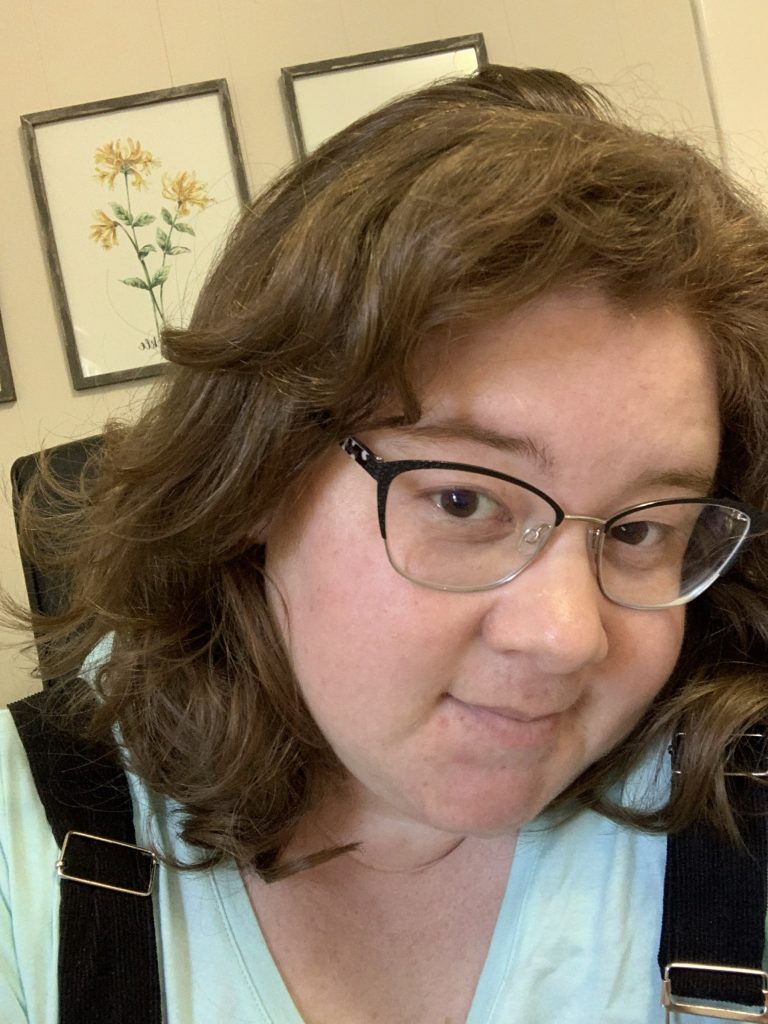
Jenn Harr
MSW, LCSW
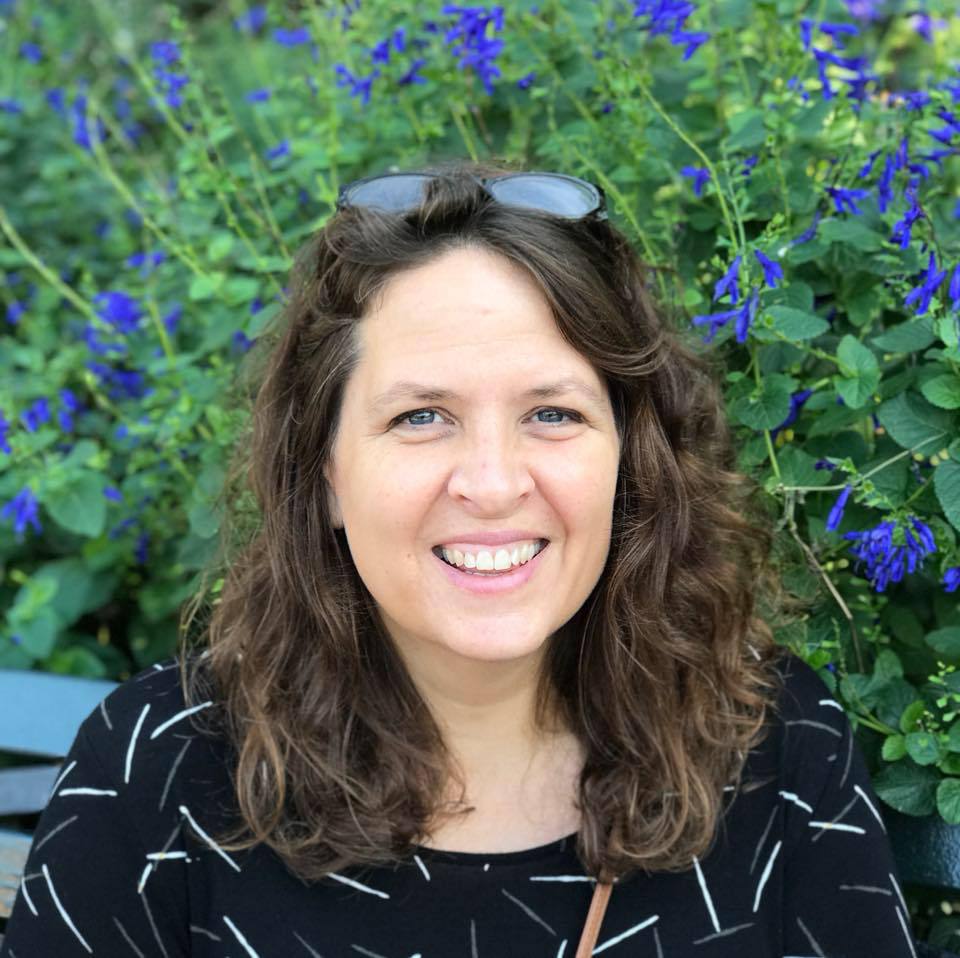
Sharon Hammer
LPC
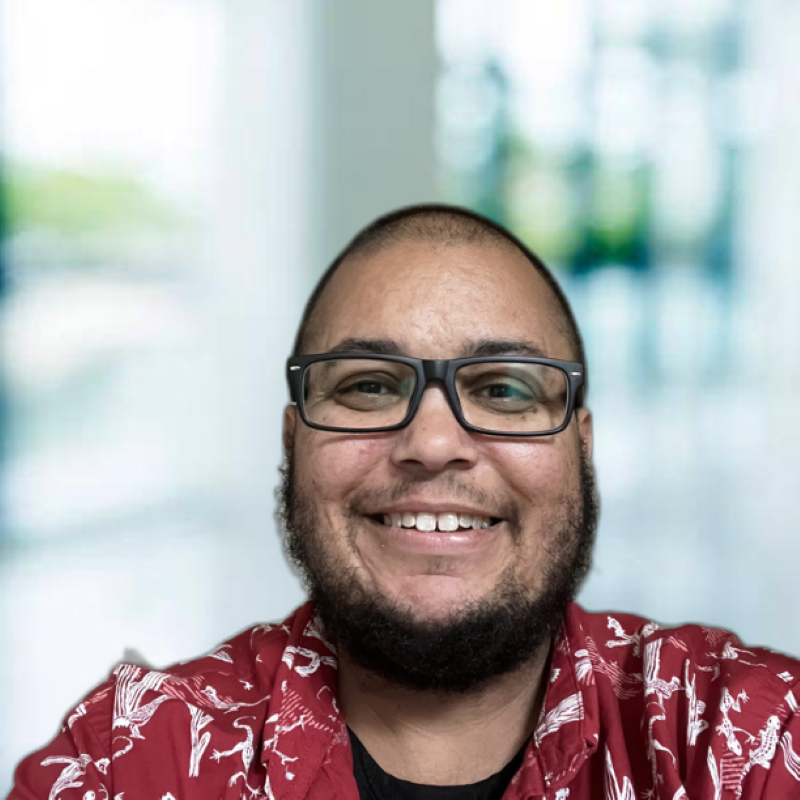
Kris McElroy
MS
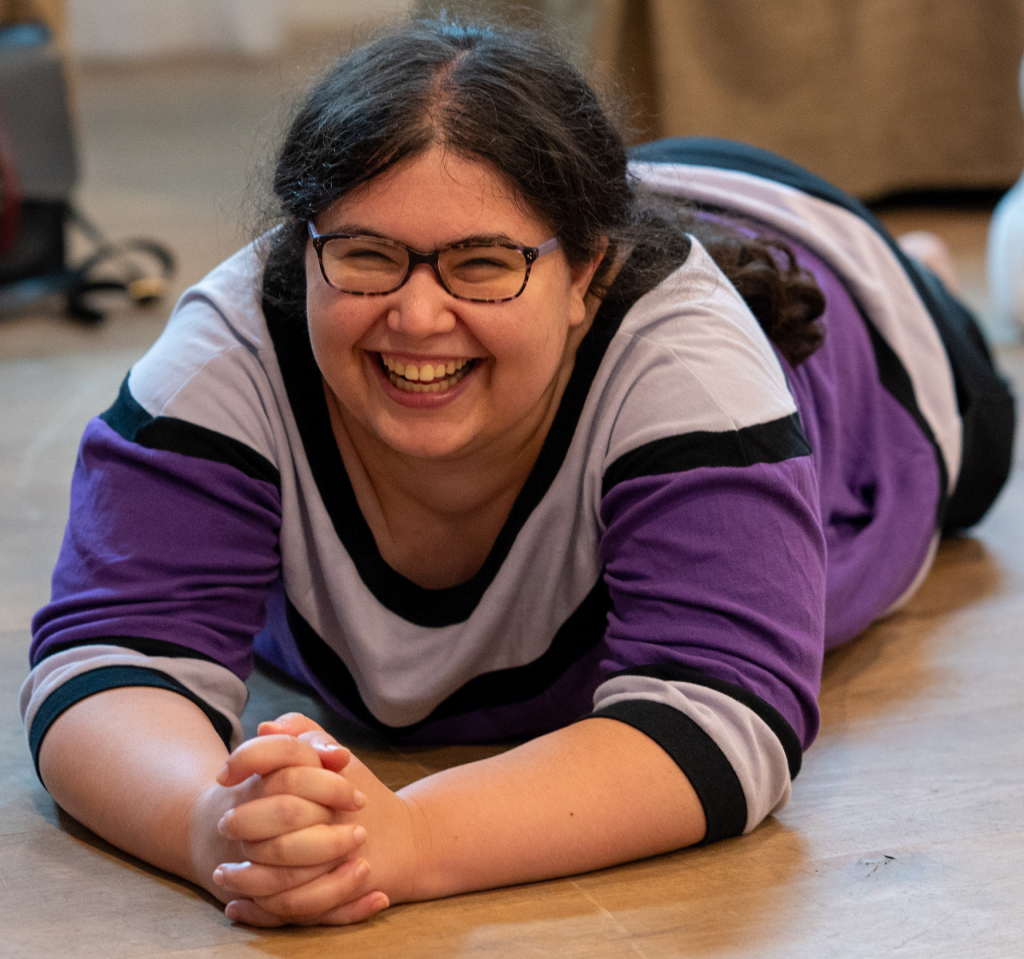
Dr. Alyssa Hillary Zisk
PhD
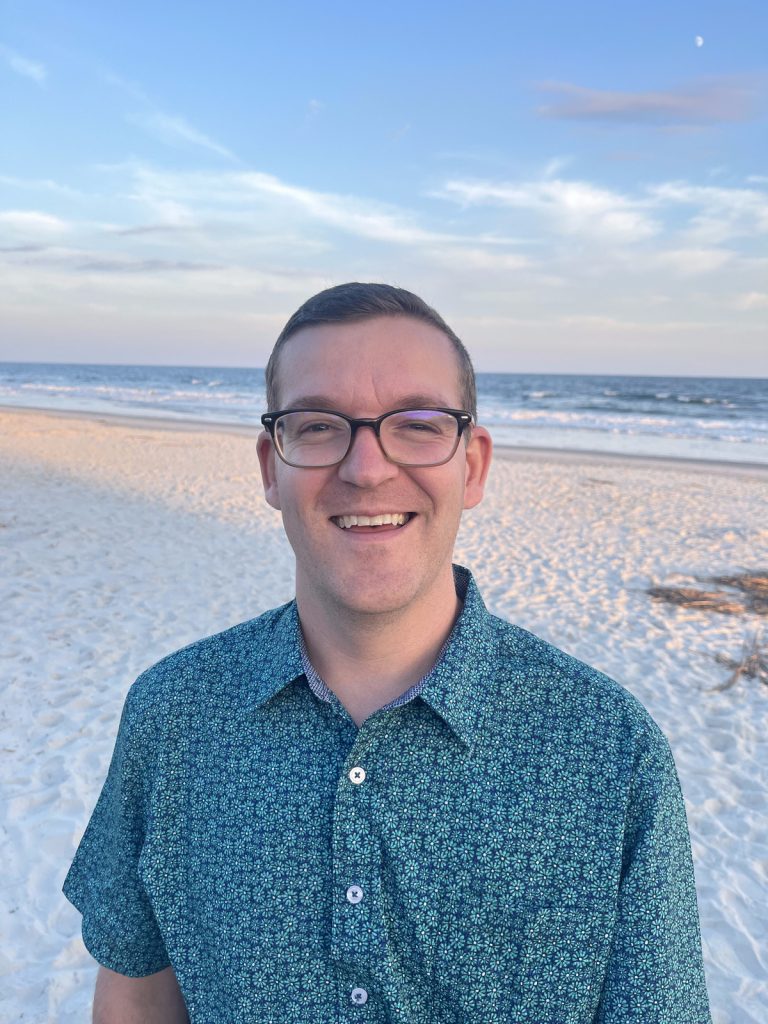
Greg Boheler
MS, OTR/L
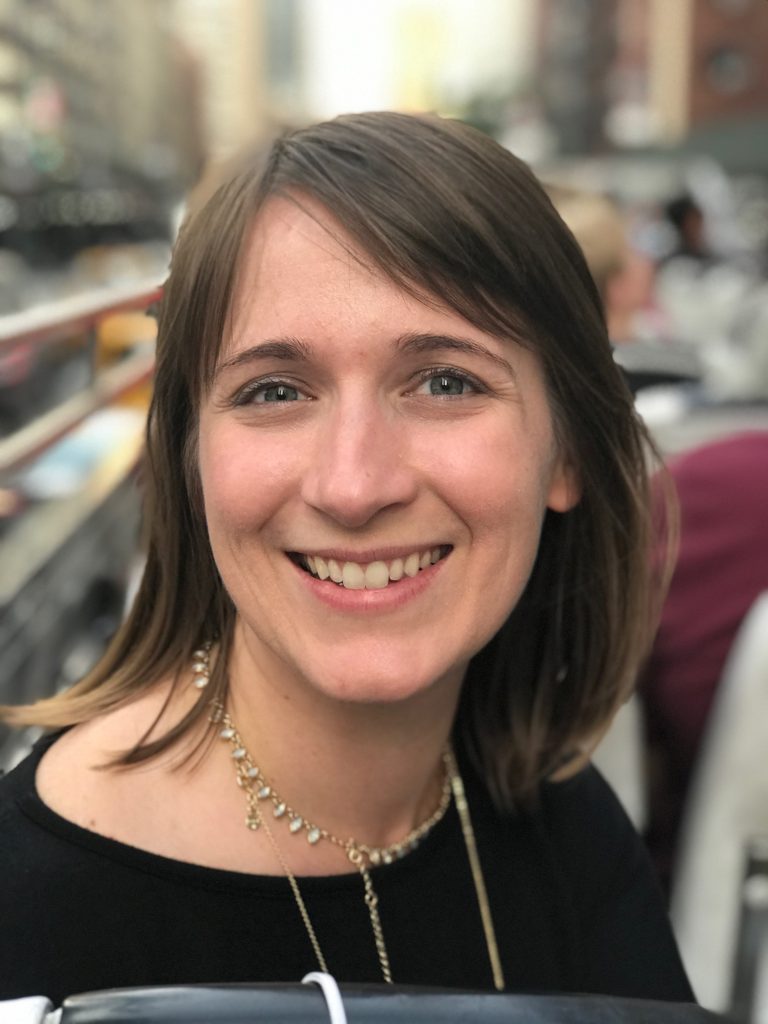
Lisa Hoeme,
LPC
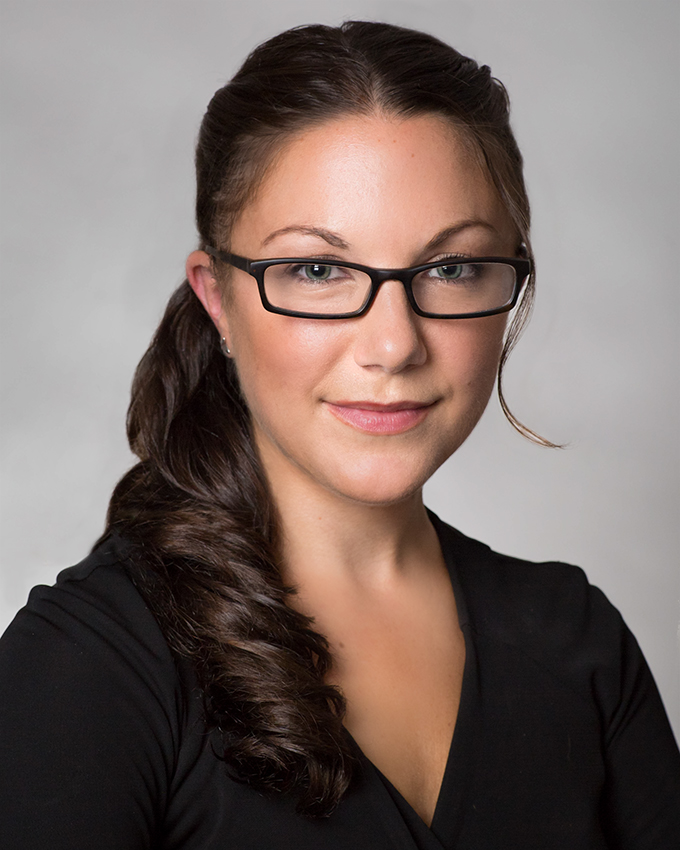
Dr. Emily Hotez
PhD
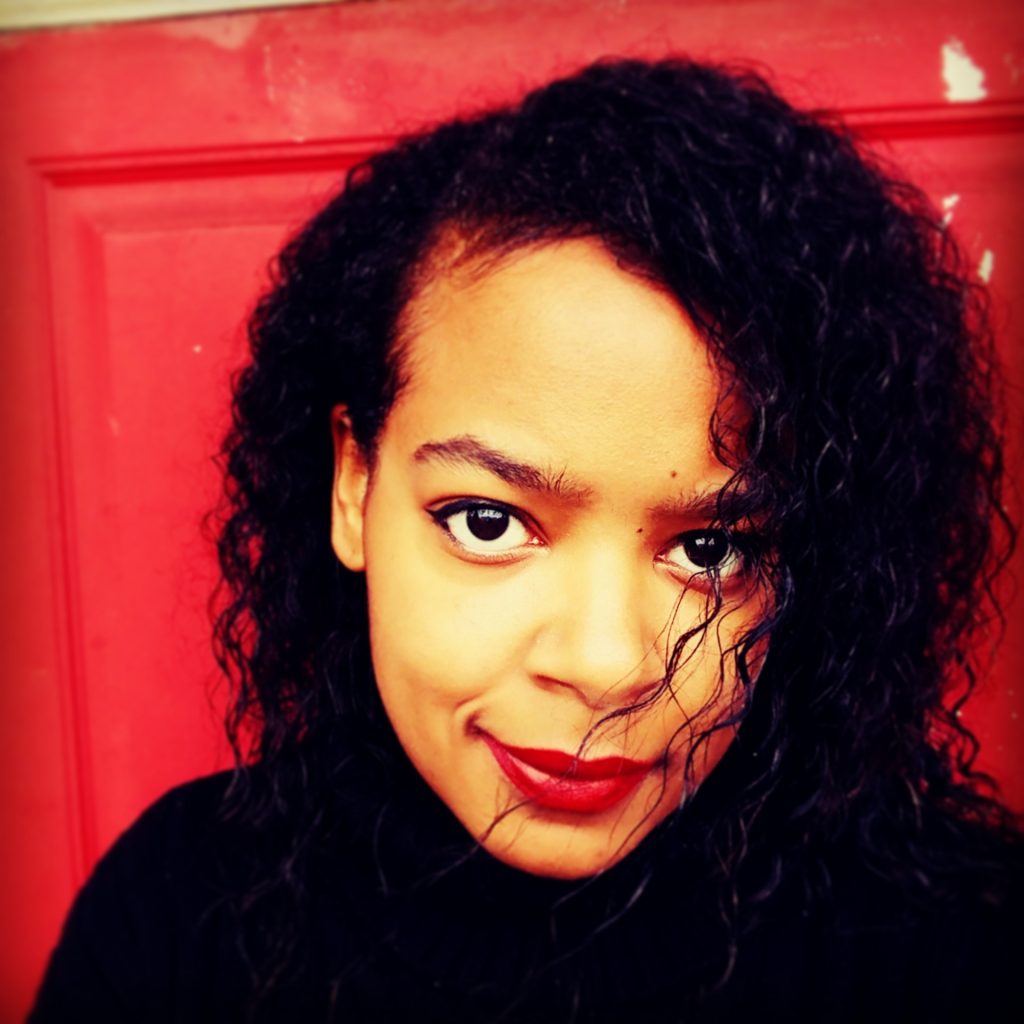
ChrisTiana ObeySumner
MPA
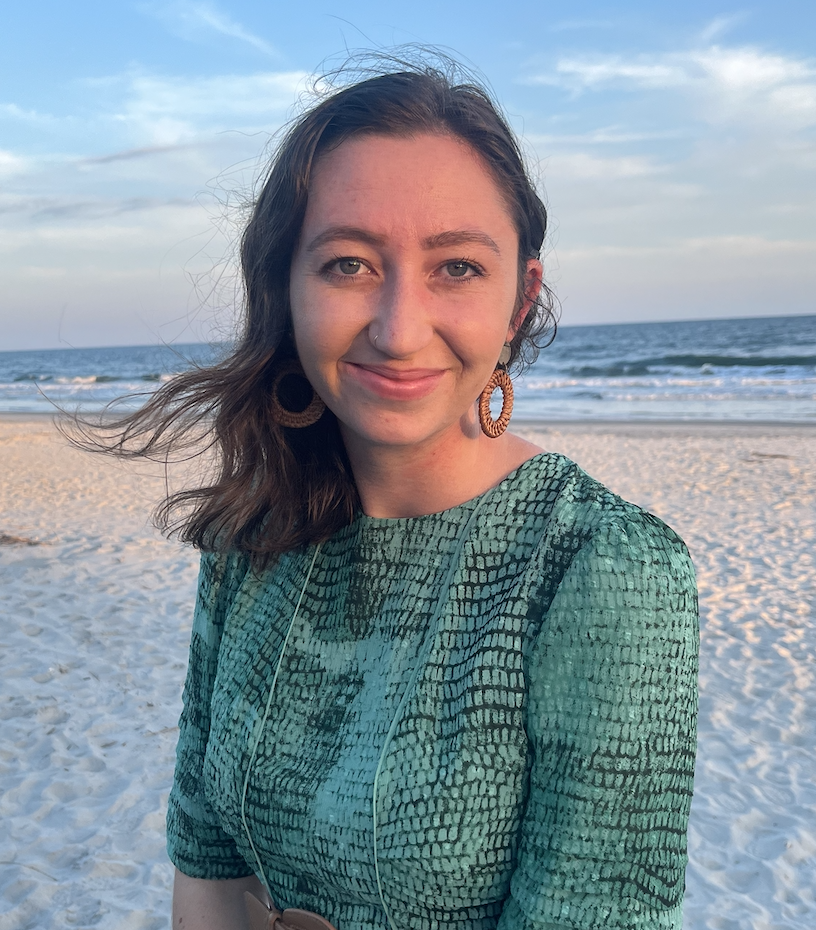
Jacklyn Boheler
MS, OTR/L
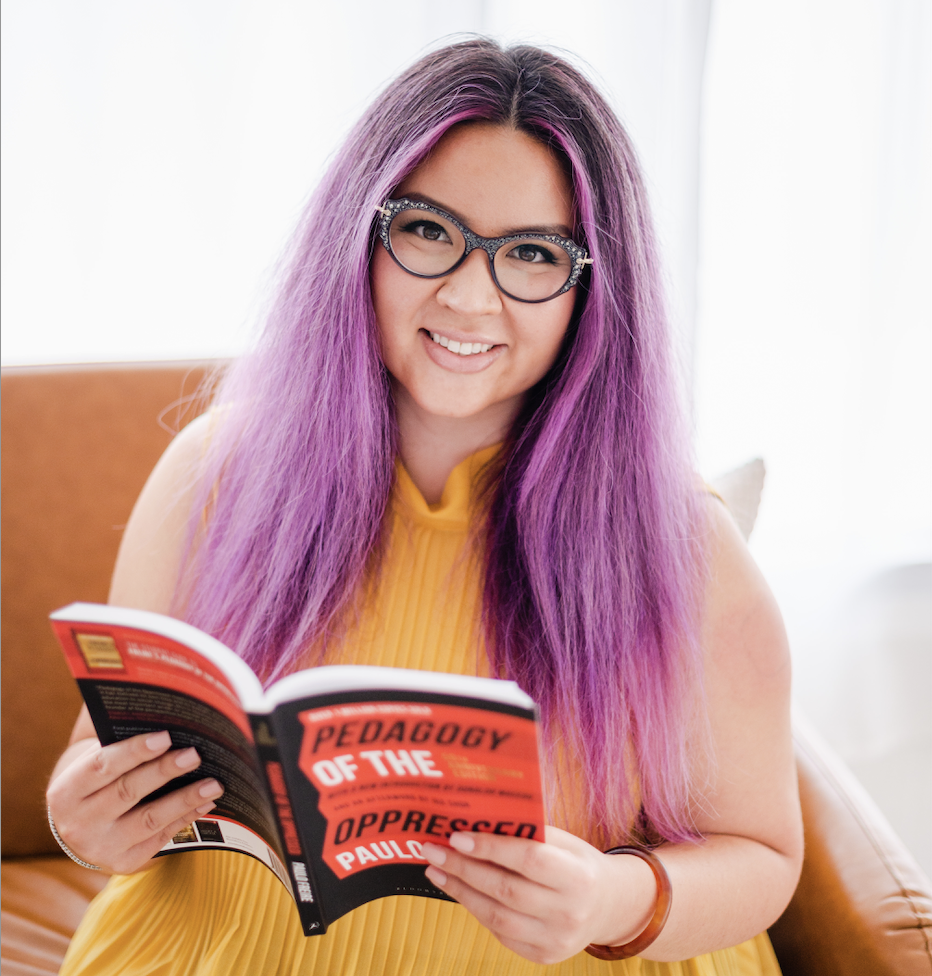
V Tisi
MA, CCC-SLP
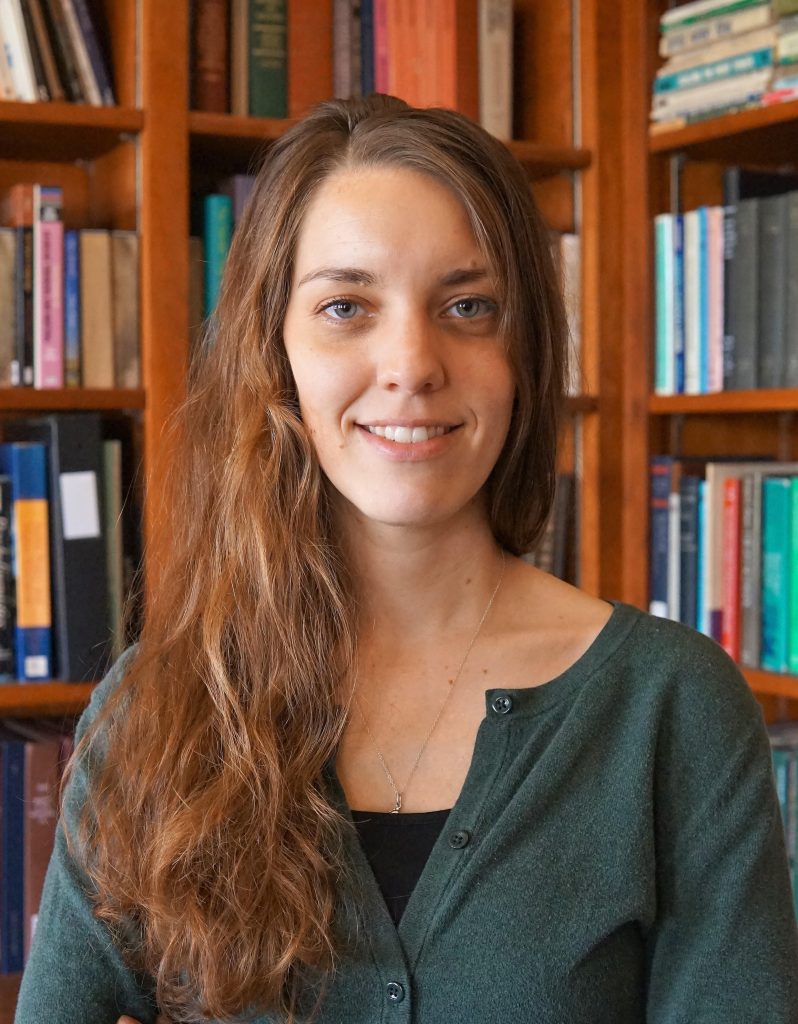
Dr. Kashia Rosenau
PhD
I own a private therapy practice focused on helping Autistic people work through trauma and become their best Autistic selves, whatever that means for them. Thus far, most trainings and professionals I’ve encountered have very rudimentary and often incorrect understandings of autism. Not only did the talks not talk about autism in a purely scientific/detached lens, but it was also inclusive, loving, affirming, inclusive, all around amazing

The summit is a rich and vibrant place for intersectional learning that centers Autistic voices - so needed and still unique in many of our fields. As an Autistic psychologist, I found so many of the trainings validating, eye-opening, stimulating and challenging that push me to keep growing and learning for my clients, my children, and myself. The summit is such a special and wonderful coming together of names in the neurodivergent and Autistic affirming spaces. It gives one hope and connection in contrast to so many other professional neuronormative and ableist spaces. Thanks to all the presenters and to Meg!

I cannot begin to say enough how wonderful this summit was. I have highly recommended it to others and hope to have more people engage in this learning!

Could not speak more highly of this summit! Such high-quality presenters and very engaging/relevant topics. Most importantly, I feel more knowledgeable and more equipped practically with how I can play my part in this neurodiversity affirming revolution.
The course design itself was user friendly and made it easy tap in and out of presentations, and the online discussions made it feel like a group learning journey (even from afar in Australia!). It's truly been an invaluable and empowering experience, and I will definitely be signing up again next year.

The Learn, Play, Thrive Summit was amazing. The presenters were outstanding; both knowledgeable about their topics and giving actual recommendations to implement immediately. I cannot recommend it highly enough.

This is the second LPT summit I've completed and both have been so valuable. It is wonderful to find a community that shares my values and wants to make real changes for Autistic and neurodivergent clients. One of the things I love most about these courses is that I am always able to begin implementing strategies learned in the course immediately.

Hearing from experts in the field who also have lived experience of being Autistic gave me new perspectives in a huge array of different aspects of my field, as well as a peek into many other related fields. Being able to approach parents of a newly-diagnosed child with confidence and reassurance that autism is just a difference rather than "doom and gloom" has been a game changer. Each new patient is a human with a beautiful and unique brain, who is going to go on an exciting learning journey filled with fun, engagement, safety, and joy. Isn't that what we all deserve?

The summit 2024 was so interesting, many and different topics presented, all of them very current and useful for rethinking and improving my OT practice. Thank you!

This Summit has the potential to be life-changing. I cannot stress enough the value of the learning in each and every presentation. I will forever be grateful for the specialties, knowledge, and care these presenters put in to share their experiences and expand our fields.

An amazing summit that can be accessed by many different brains!

The summit was excellent! It was so helpful to learn from neurodivergent professionals about a wide range of topics. The courses gave approachable and practical information. I found some of the talks so helpful I was sharing parts with my students since the presenters explains topics better than I can. I love that the videos were broke in 15 minute chunks and this was one of the most helpful summits I have ever been to! Already looking forward to the next one!

This was truly the most practice shifting and enriching continuing education experience I have had. It provided me with so much information of how to foster a healing space for my neurodivergent clients, and challenged my previous held beliefs in ways that inspired more learning. Even though the summit was virtual, I felt a sense of validation and support from both the instructors and fellow learners that I am on the right path clinically. This has given me confidence to continue to radically shift my practices to center my clients, even amidst my clinic which follows a medicalized model of mental health.

What an amazing series of topics with such knowledgeable people. My brain has been stretched with ideas and thoughts of how to best support my Autistic and neurodiverse clients.

The LPT summit is career changing! It helped shape my OT lens to be more neurodiversity affirming and shaping that OT lens changes everything about how I assess, treat, interact, coach parents, etc. Hearing from a variety of different disciplines helped give me a more holistic way to support my Autistic clients. 10/10.

Previous
Next
How It Works
When you register, you’ll have access to all nine practice-changing 1.5 hour pre-recorded talks on-demand for six weeks beginning February 3, 2025. Participants will receive a certificate of completion for each talk they attend; watching them all is not required for CE credit. This summit will be registered for ASHA , NASP, and AOTA CEUs. We also plan to apply for ASWB and NBCC CEUs.
Participants will have the chance to connect with other attendees and instructors through forums and Q&A sessions, so that you can have the confidence and community support you need to put what you learn into practice in your work.

